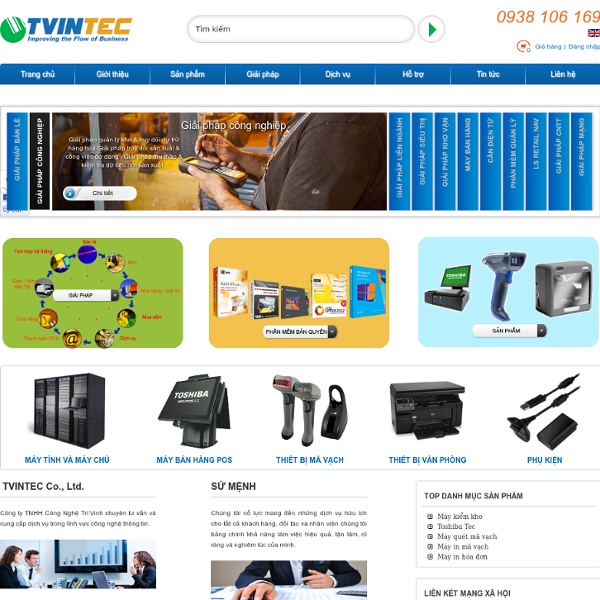



4 tips for leveraging big data Cost savings are always key drivers of new initiatives. And in today's healthcare industry, as priorities continue to shift and pressure is added to increase revenues and improve outcomes, one element could be a key player in making it all happen: big data. "We think it's going to separate winners from losers in many markets over the next five years," said Russ Richmond, MD, CEO of healthcare solutions and consulting company Objective Health. "The institutions that are capable of first understanding where the market is going … are going to have tremendous advantages over the ones who can't or won't do this. HIPAA-Compliant Telehealth Platform for Zero Contact Healthcare Telehealth apps have become instrumental in delivering zero contact healthcare through remote health monitoring and remote medical consultations services. For instance, OnCall.MD is a comprehensive telehealth platform that provides online patient registrations, live chat, and video consultations, apart from a host of other value-added features such as virtual waiting rooms and real-time scheduling for doctor’s visits. Furthermore, this particular HIPAA compliant telehealth app supports pharmacy assistance, which is especially useful for patients requiring regular medication and frequent refills due to pre-existing medical conditions such as diabetes, hypertension or migraine. Given the current COVID19 pandemic, it’s essential for providers and healthcare organizations to understand why leading video conferencing apps like Skype, Zoom, or Apple’s Facetime cannot replace telemedicine apps like OnCall.MD. HIPAA-Compliance
White House launches ‘big data’ initiative Healthcare stands to reap big rewards from the government's $200 million "big data" project, launched March 29 by the Obama Administration. [See also: Farzad Mostashari: Man on a digital mission] Aiming to make the most of the fast-growing volume of digital data, the Obama Administration announced a “Big Data Research and Development Initiative,” pledging to “extract knowledge and insights from large and complex collections of digital data,” to help address the nation’s most pressing challenges.
How Telehealth Apps Impact Varied Medical Specialties? It’s high time that physicians across varied medical specialties embrace advanced healthcare technology like telehealth and the Internet of Medical Things (IoMT). The federal government has relaxed its statutory and regulatory restrictions to accommodate the virtual healthcare needs for patients during the current COVID19 pandemic situation. Payers reimburse telemedicine visits through CPT medical coding which includes coverage for both physician-and-patient visits and physician-to-physician consults via HIPAA-compliant telehealth apps like OnCall.MD. Endocrinologists & Telehealth Endocrinologists specialize in treating hormone-related illnesses including diabetes and hypothyroidism.
The Patient of the Future Gym rat: In his quest to optimize his health, Larry Smarr recently underwent tests to measure his peak oxygen consumption, maximum heart rate, and other physiological indicators. Back in 2000, when Larry Smarr left his job as head of a celebrated supercomputer center in Illinois to start a new institute at the University of California, San Diego, and the University of California, Irvine, he rarely paid attention to his bathroom scale. He regularly drank Coke, added sugar to his coffee, and enjoyed Big Mac Combo Meals with his kids at McDonald’s. Exercise consisted of an occasional hike or a ride on a stationary bike. “In Illinois they said, ‘We know what’s going to happen when you go out to California. You’re going to start eating organic food and get a blonde trainer and get a hot tub,’ ” recalls Smarr, who laughed off the predictions.
Why Should I Try To Fit Telemedicine Into My Busy Practice? For busy, established healthcare providers, nothing sounds more unappealing than trying to learn and incorporate something new and different as part of their business. Sure it sounds good on the surface, but when you consider the time it will take to learn it yourself, perhaps even have to get your entire staff up to speed let alone the cost you usually do what most people do in these situations – nothing. Your practice is thriving, you are always busy so the first thought would be, “why should I pay to put myself through pain and disrupt my practice?”. Web Tools for Collaboration Group projects can cause a lot of stress for everyone involved. For some people, the idea that a portion of their grade is dependent upon the work of others can be agonizing. Between trying to coordinate work and make sure deadlines are being met, group projects can be a real headache.
Soziologie - Kritik zu Heinz Bude: „Bildungspanik. Was unsere Gesellschaft spaltet“ Folgt man der Devise Pierre Bourdieus, dass Soziologie ein Kampfsport sei, dann tritt Heinz Bude mit seinem aktuellen Essay in der Schwergewichtsklasse an. Denn um das richtige Bildungssystem wird mit harten Bandagen gekämpft. Der in Kassel lehrende Soziologe verspricht nun „überraschende Lösungen für diesen „kulturellen Klassenkampf“. Dass es die tatsächlich bräuchte, zeigt die Kompromisslosigkeit der Gegner.
med entomology VBORNET is a network of medical entomologists and public health experts, funded by the European Centre for Disease Prevention and Control (ECDC). The network supports ECDC activities in the area of arthropod vector surveillance within the European Union to improve preparedness towards vector-borne diseases. ECDC started the VBORNET network in September 2009, bringing together entomologists and public health experts that represent all aspects of vector-borne disease-related research and public health activities in Europe. The network’s main tasks are: to produce distribution maps of the major arthropod disease vectors and related surveillance activities; to define priority strategic topics concerning the public health perspective of vector-borne diseases and vector surveillance.
BildungsBlog EpiNorth